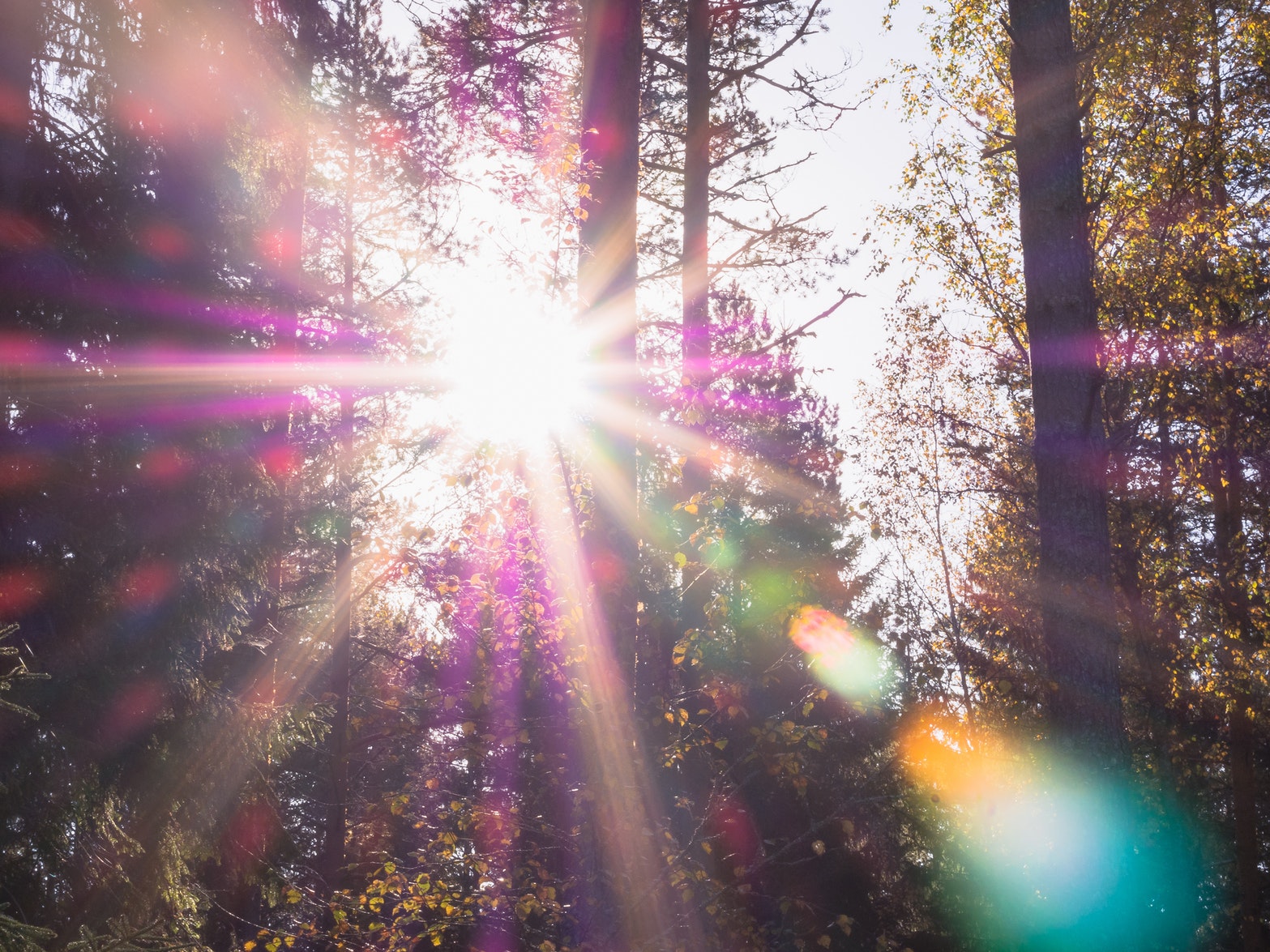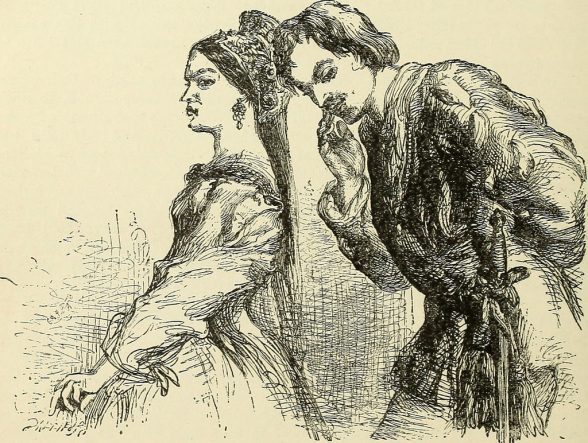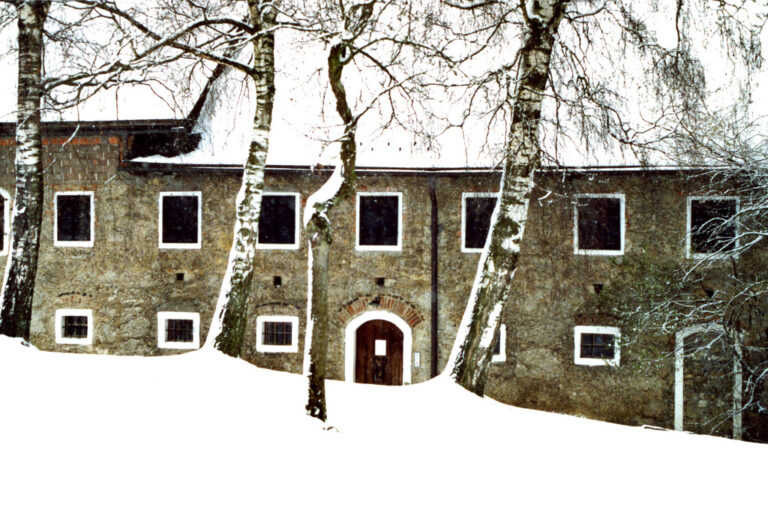Writing my way in, or, Writing my way out

Somewhere deep in the “remotest mansions of the blood,” where Lorca said the duende lives, I think I still have the capacity for a good cry. At some point in my life I lost this. Or it was wrested from me. Either way it’s now as foreign a tongue to me as Lorca’s Spanish.
I feel the urge sometimes, but only as a phantom limb. The world’s done its work on me. An army rises up to squash any lump in my throat.
Sir Philip Sidney’s Muse tells him, “Fool, look in thy heart and write,” where the true real-estate is. I like to imagine that this—the heart, the mansions of the blood, the trenches within us—is where I can recover that prelapsarian part of myself, before the world knotted my tie too tight.
A good cry doesn’t sound half bad. On the contrary, it sounds as good as any good thing, as good as a good piece of cake, or a good massage, or a good microfleece blanket. I remember obscurely when tears held no shame, watching my blurry wreckage in the mirror as a child, my cheeks flushed with crying, and the sensation afterwards of feeling lighter and breathless and cleansed from the inside out. But those days are long gone. Like a lot of men I know, a good cry sounds antithetical. It takes a Mack truck of hurt or warmth now to move me to tears in public. I feel an almost bodily resistance to it; it is as unthinkable as taking a step on a broken knee. It’s one of the few things many men pride themselves on not toughing out.
Recently I wrote about that silly superstition of holding my breath in the car as I pass a cemetery. You do this, too, admit it, because like me, you take every precaution possible to stave off dying, even if it’s uncomfortable and poses the risk of asphyxiation. The impulse was so arcane that I wrote the poem, to waylay that mystery. I finished, then waited.
The next time I passed a graveyard, I breathed easily. I breathed in long and slow. The poem was a cure—though what cured me, of course, was the space the poem offered to tease and flesh and figure out on paper what I never could in my head: that to accept the dead may be more instructive and freeing than to keep them back.
I willed it with words. I wrote toward the place that scared me. What happened was that the wellspring from which I wrote ended up nourishing my life. Writing changed me, composed me—behavior and all.
Maybe certain feelings are unrecoverable. Maybe upon looking inward, I’d find an empty tank. This is likely. But there’s always looking out at the world for qualities I want for myself. I watch my girlfriend speak to our dog in high pitched baby talk. Somewhere dormant in me I feel the desire to do the same. By cooing, I write it back onto my voice, modulating it for good. “Fool, look in thy heart and write.” The heart will grow to fit the words. They can bring me back to the forgotten places, or the uncharted ones, where the good cry waits.


